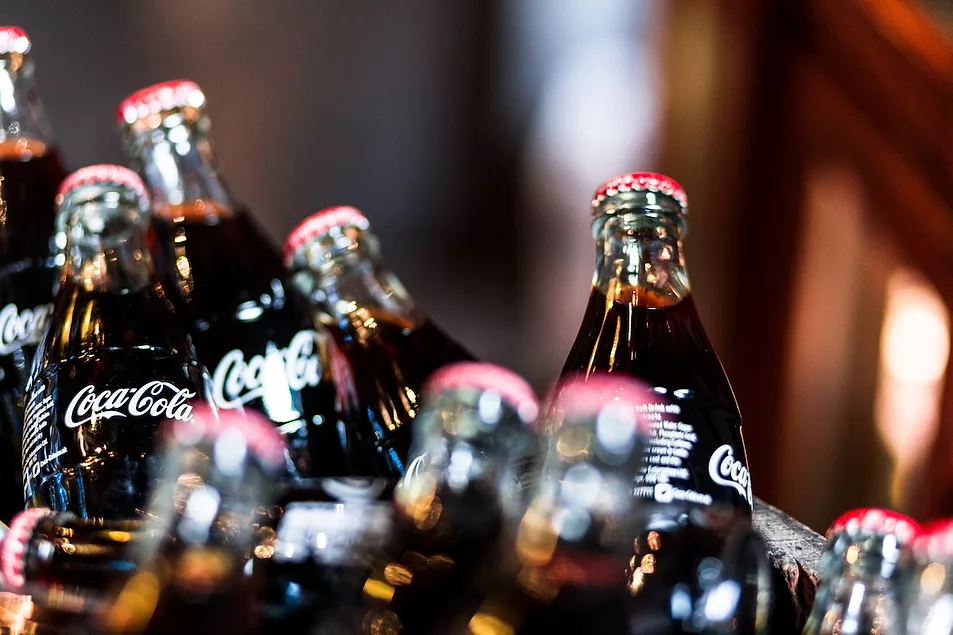
Coca-Cola says that it will start using cane sugar in its signature soft drink sold in the U.S., although the beverage giant clarified that it doesn’t plan to fully phase out its use of high-fructose corn syrup.
In a quarterly earnings report released on July 22, the company laid out its plans to launch a product using cane sugar to “expand its trademark Coca-Cola product range,” but noted that the cane sugar offering will act as a complement to its current array of soft drinks, rather than as a replacement for its existing flagship soda.
President Donald Trump had previously announced in a July 16 post to his Truth Social platform that Coca-Cola had agreed to start using cane sugar in its U.S. soft drinks. On a subsequent conference call with investors reported on by The Wall Street Journal, Coca-Cola CEO James Quincey said that the shift represents “an ‘and’ strategy and not an ‘or’ strategy.”
“We are going to continue to use a lot of the corn syrup that we do now,” he explained.
Read More: U.S. Corn Industry: Coca-Cola’s Switch to Cane Sugar ‘Doesn’t Make Sense’
The U.S. currently doesn’t produce enough cane sugar on its own to meet demand, and relies heavily on imports from Brazil and Mexico, as well as a handful of Caribbean and Central American nations. According to data from the Observatory of Economic Complexity, the U.S. imported $748 million worth of raw sugar from Brazil in 2024, in addition to $418 million from Mexico and $183 million from Guatemala.
The U.S. heavily subsidizes its corn industry, making high-fructose corn syrup a far cheaper sweetener compared to imported sugar, which is heavily tariffed as a means to support domestic sugar production. Coca-Cola already sells its cane sugar Mexico Coke product in the U.S., but it costs nearly twice as much as its corn syrup counterpart.
Health and Human Services Secretary Robert F. Kennedy has frequently claimed that corn syrup is a driving factor behind the country’s obesity and diabetes epidemics, and has vowed to ban its use in the U.S. However, the U.C. Davis Nutrition Department says that there is little difference in health impacts between high-fructose corn syrup and regular table sugar.